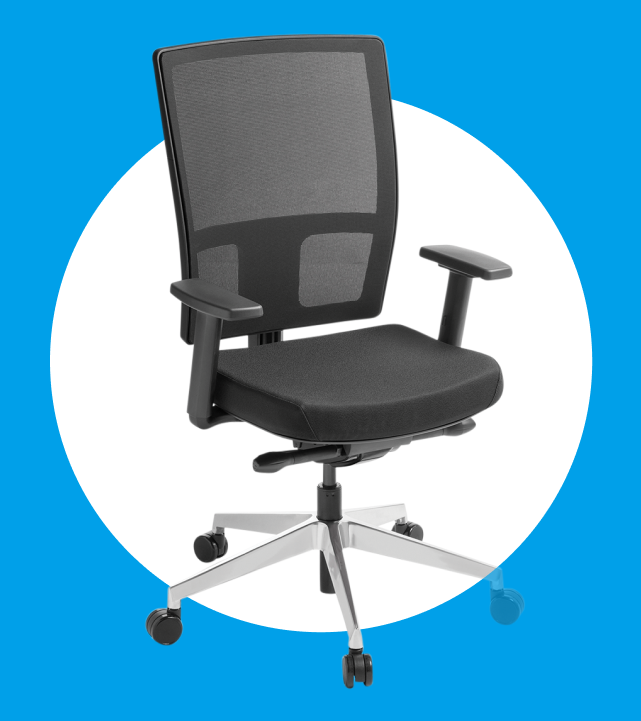GROWING PAINS
Creating win-win situations: stop haggling and start negotiating
Do you think negotiation is about persuading the other person that they want what you’re offering and then making some sort of concession on the price in return for an order?
Many small business owners or managers fall into this trap when attempting to sell their products or services. This article:
- provides advice on how to avoid this and other common pitfalls;
- gives you four helpful tips on how to negotiate more effectively;
- links to an online test that enables you to check your negotiation knowledge.
Negotiation vs. haggling
The term ’negotiate’ is often used inappropriately. For instance, when people say, “We’re just negotiating with the client,” they should be saying, “We’re just haggling over the price.”
Haggling is not negotiating. Haggling is either offering your product at an ever-reducing price until the other side says “yes”, or settling on some form of ‘split the difference’. Although the latter has some sort of appeal to fairness, it doesn’t help your margins or business if you’ve given it all away!
Negotiation should be about trading: getting something of equal or higher value in return for any concessions you make. A classic example of this is getting a customer to place an extra or larger order in return for possibly giving them a slightly lower price.
To enter into a negotiation, all parties need to believe it is in their interest to do so. How often have you found, when trying to sell something, that you believe you have a product or service which will help the customer, but the customer doesn’t seem to see it that way?
At Scotwork, we’ve spent many hours, over many years, sitting beside business people when they’re trying to sell something. We’ve seen the seller come to the realisation that, even though the benefits to the customer appear obvious, the customer simply doesn’t get it.
All too often the seller then starts dropping the price in the mistaken belief that, in doing so, the customer will suddenly realise that there is indeed some benefit in the product or service and decide to buy it. The person selling thinks they’re negotiating, but in reality they’re in a one-sided haggle with someone who doesn’t want their product.
The fact is that people only realise that it is in their best interests to negotiate when they perceive that the costs associated with saying “no” are unacceptable.
Creating a negotiation situation
So what can we do to help a prospect go from a “no” to a “maybe” that you can build on? Follow these steps:
- Research the prospect to find out what difficulties they might be facing;
- Ask questions to help the customer to think about these difficulties and what they are costing them – ideally in $ terms; and then
- Ask the question that helps discover what it might take to shift the prospect from the status quo. At Scotwork we call this the “Under what circumstances?” question:
- Under what circumstances would you buy ABC?
- Under what circumstances would you consider committing to an un-budgeted spend of $4,000 this side of year end?
- Under what circumstances would you be able to give me commitment now? Today? Or this week?
- Under what circumstances would your Director normally agree to this?
- Under what circumstances would you be able to do this?
If your prospect tells you that there are circumstances under which they’d agree, then they are now a provisional “yes” and you can start to negotiate.
If there aren’t any circumstances where they would accept the offer, then you know not to waste anyone’s time any further and you can perhaps agree to revisit at a later date.
Good sales need strong negotiations
A good sales process is underpinned by a strong negotiation process. Negotiating skills are the oil in the machine that minimises heat and dissipates friction (i.e. reduces conflict).
The difference between seller and buyer interactions that work and those that don’t is trust. Not necessarily the trust that takes five years to create, but trust built up over a short period of time (sometimes in just a few minutes) by good use of process and skill, and most importantly, an attitude of openness and sharing of information.
The question every seller should be asking themselves is not, “How can I sell my stuff to this customer?” but rather, “How can I give this customer what they want, on terms that are acceptable to me?”
To summarise, our four top tips for better negotiations are:
1. Prepare well
Prepare questions which will help you to uncover the real commercial issues facing your customer’s organisation, and also the issues of concern to the person you’re dealing with.
Before you engage with anyone, though, know what your priorities are and where you can be flexible. Build a comprehensive list of items you can ask for and trade with, which (in the event you need to make a price concession) will recover, or even improve, the overall deal for your company. In other words, what you’re going to ask for if you have to make movement.
2. Co-operate
The easiest way for you to get what you want is to find out what the other party wants and then give it to them, but on terms acceptable to you.
An attitude of openness will build trust – the key difference between seller and buyer interactions that work and those that don’t.
3. Get creative
The more variables there are in a negotiation, the more opportunities there are to keep re-packaging your offer to meet the needs of both the customer and your organisation. If you focus solely on price, you’ll simply end up in an unseemly haggle that results in less than you wanted.
4. Develop your negotiating skills
Having a great product or service is fine. A strong sales process gets your customer motivated to buy, but it’s the ability to negotiate effectively that will actually make you and your business money.
Anyone can drop their prices to get business, but that’s not good business and it’s not sustainable in the long term.
Negotiation is a skill, and like any skill is best learned by practice and receiving feedback from a coach. Scotwork runs intensive training courses that do exactly that.
We have worked with a massive number of small business owners and their staff around the world for the last 40 years. The training and advice Scotwork provides is pragmatic, practical, easily applied and makes a significant difference to client relationships, deals and ultimately profits. If you’d like to know more, please contact us at www.scotwork.co.nz.
How good a negotiator are you?
Find out by taking our online test. It takes only a few minutes to complete, and you can see how you’ve done straight afterwards. We’ll also email you a detailed report you can use to improve your performance as a negotiator.



